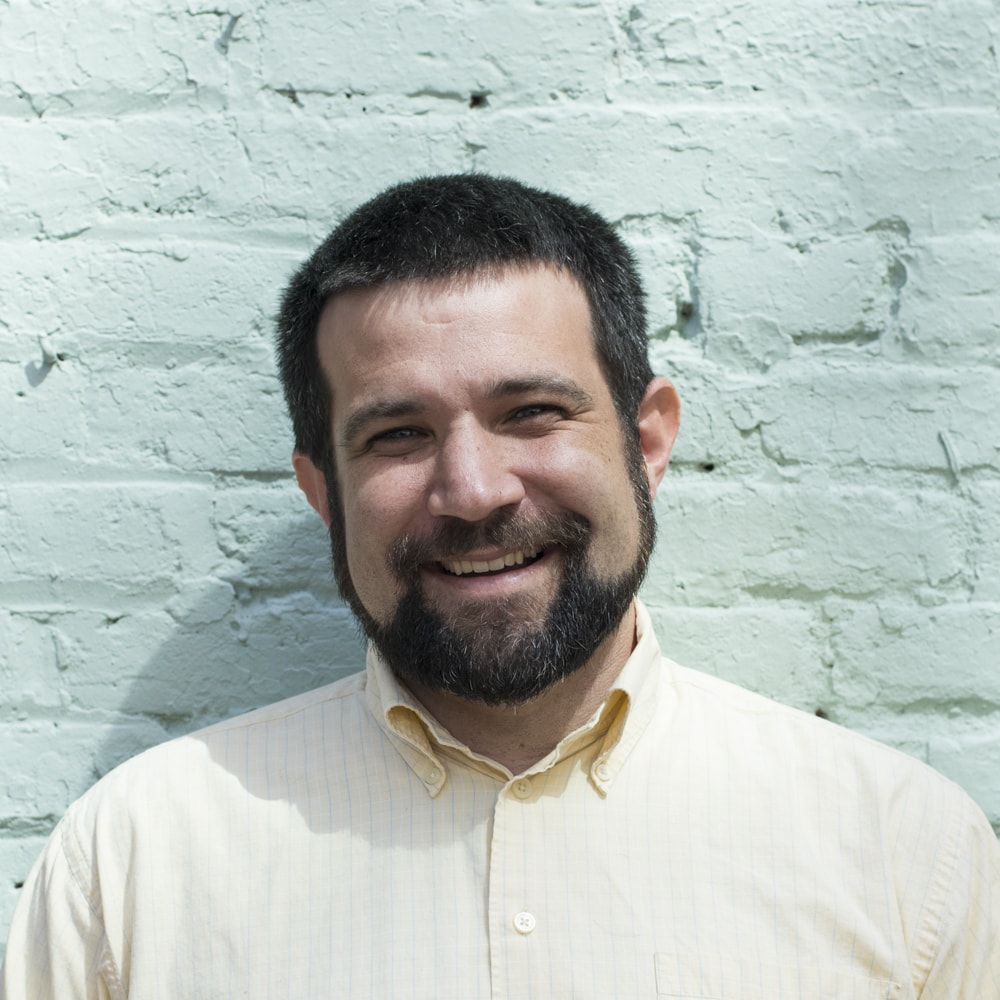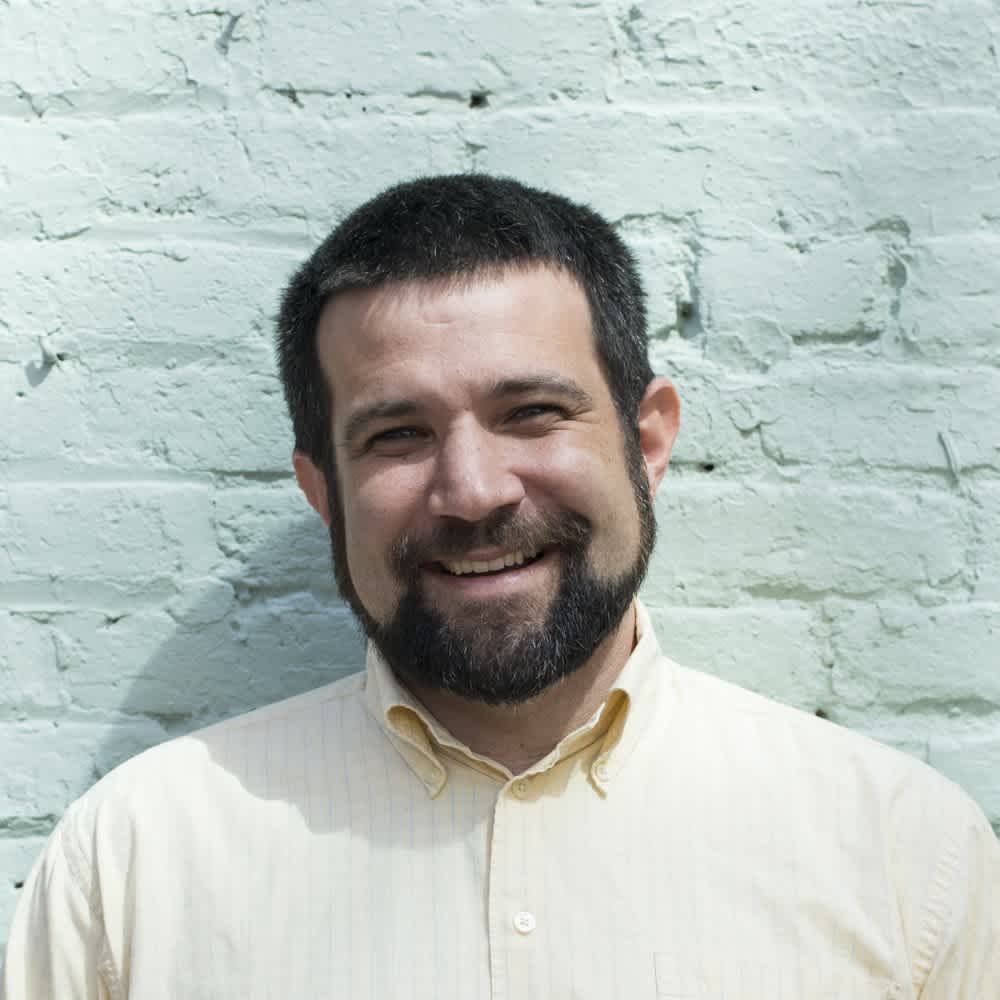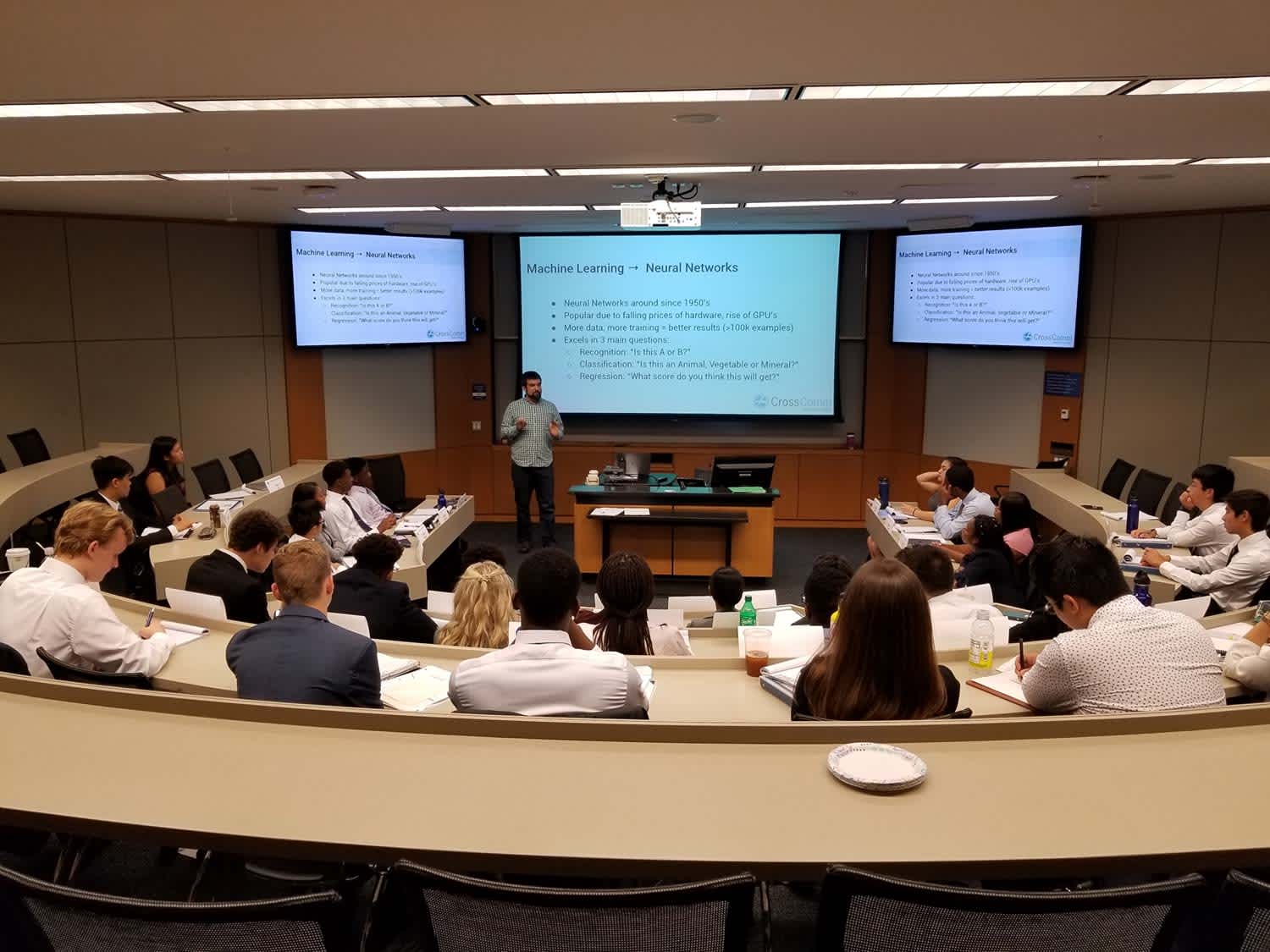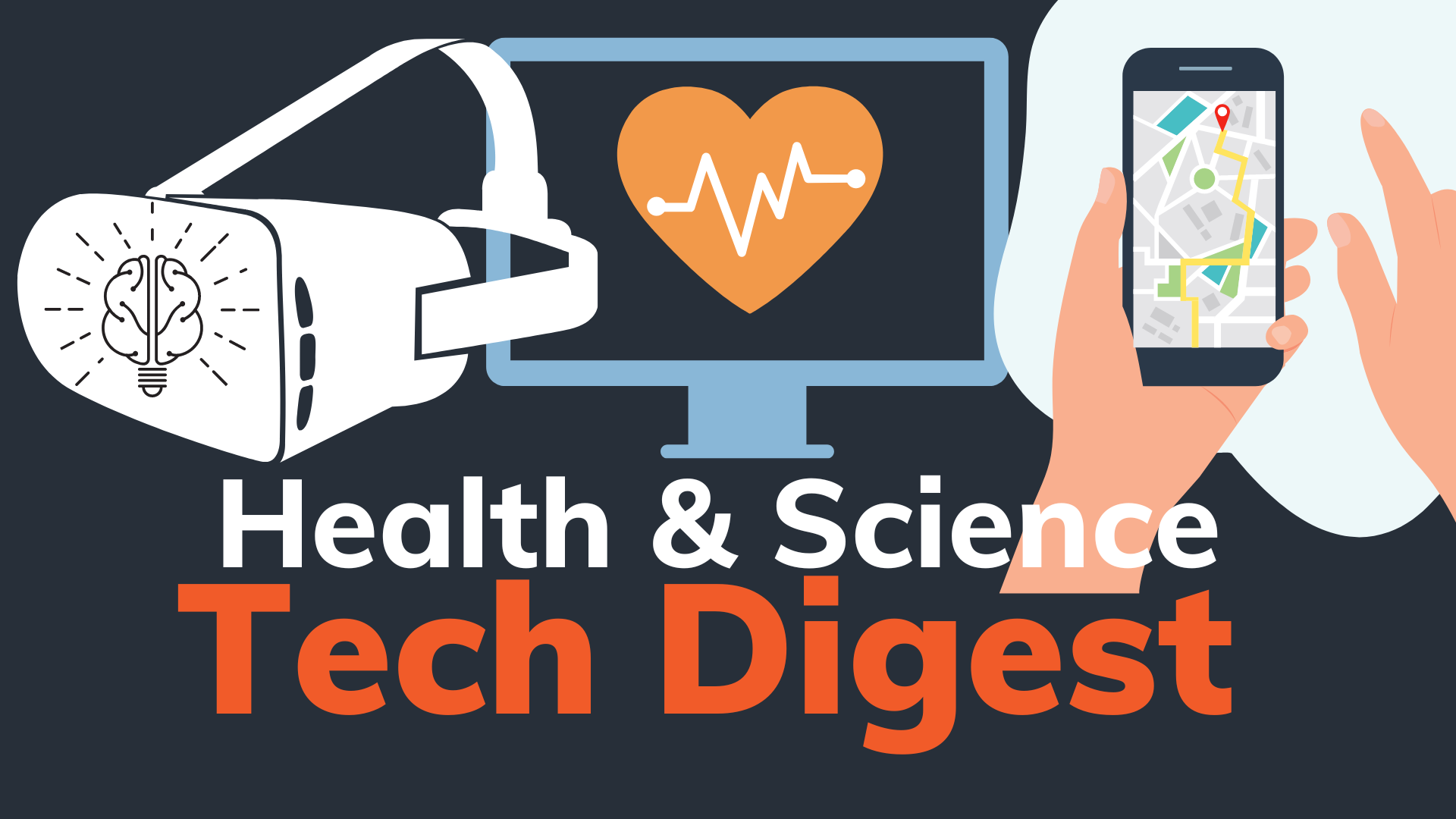Sean Doherty is CrossComm’s CTO. He joined the team in 2006, directly out of grad school. Interestingly, despite being the second-longest employee at CrossComm (after CEO and founder Don Shin) he and Don had never worked in the same place until Don’s recent move back to Durham. Sean is also cofounder of Project Shift, a software engineering fellowship in Durham. In my conversation with Sean, we discussed his approach to tech, business, and family.
Meet The Team: Sean Doherty
Sean Doherty
What were CrossComm’s early days like here in Durham?
When I started, we were at what is now the Bull City Burger and Brewery. It was this old, weird, 1980s office space with weird diagonal walls and an art gallery in part of it. It was really odd. It was a small team. We went to El Rodeo every Friday without fail. At one point, we went to El Rodeo so much that they actually moved somebody out of our table when we got there; they're in the middle of their lunch and they made them get up and move so that we could sit down.
What type of work did you all do back then?
In the early days, we built a few web applications, but most of our business was creating and maintaining websites. I remember when the iPhone came out in 2006, we had just moved offices over to Church St. I remember Don came back from the WWDC conference and said, “We're gonna build iPhone apps!” I was like, “Umm, I don't know. It's a trend. It's a fad, What are we doing?” But soon after, we built Lumina—our first iPhone app.
Getting into mobile apps was the right call, I take it?
It was. That’s something I really appreciate about Don because I think he is really able to put a pragmatist hat on his love for technology. He geeks out more than most people about the craziest technologies, but then he'll say, “But how can I use it?” I think that's part of where CrossComm’s DNA is. It's not that we're looking at new technologies and thinking about industry trends just because it's cool. It’s about how can we build better applications to better serve our customers, better think through the logistics, and make something better, cheaper, and/or faster.
Ok, so what tech trends should we be paying attention to?
Unless something massive changes, like they break up all of these big tech companies, you’ve got to know where they are incentivized to go. Apple, for example, is incentivized to sell more hardware, and everything they do (from the dongles, to their operating systems, to the way they write their code) is based on that. That's how they make their money. Google is incentivized to sell more ads. Everything that Google does (from every platform to every company they buy) is to make more people use the Internet and use their search engine so they can sell more ad traffic and have more of a market share. The more you understand that the better off you're gonna be when thinking about where trends are going.
So, something like, “Where does the blockchain fit in—is it this revolutionary thing or is it a passing fad?” I think every technology starts with predictions of it being the silver bullet that's going to solve everything—like artificial intelligence. But the history of artificial intelligence tells us that there are ups and downs. Blockchain is probably going to be a similar thing. There are up and down periods, and in the middle, there will be people that find really creative uses and understand the technology enough to say, “This isn't some magical thing that I add to everything, but strategically this makes a lot of sense in this one particular area.”
Which of CrossComms projects are most memorable to you?
So many! Lumina was crazy because we launched on day one of the iTunes App store. We were buying water and walking around the lines of the Apple store to hint to people to download the app. That was kind of fun. The Forbes project, the 30 under 30 app that we built for them, was really cool. We got to go to the New York City premiere in the Meatpacking District with professional football players showing up to the party.
What types of projects do you get most excited about?
I really love to work and improve things iteratively and just see how we can come up with creative solutions to problems. We did this project called Dragon for a company called ICF; it was probably the most complicated application I've ever worked on. I would leave meetings feeling completely brain-fried because of the complexity of the problem we were trying to solve. But, I really enjoyed that project. I love to extemporaneously solve problems. That's my favorite thing in the world to do. Here's a problem, let's find a way to solve it.
Outside of CrossComm, you run a software engineering fellowship called Project Shift. What’s that all about?
Over the years, I've hired a lot of people out of code schools and there are similar flaws they’ve all had. Project Shift is what happened when I met somebody—Aaron Hayslip—and we were interested in building a code school that addressed those problems and helped people change their careers in a lasting way. So, instead of simply teaching the industry current trends, we teach a lot of background like you would in a university setting.
Why is teaching so important to you?
Both of my parents were teachers, so I’ve always wanted to teach. I enjoy learning and investing in people in general. That's what I love about consulting. I feel like I get to teach people about their businesses and about how best to make the technological decisions that they need to make. So there's a lot of overlap in teaching and what we do at CrossComm, for sure.
Sean Doherty speaks to LEAD scholars about the evolving ethical considerations around Machine Learning & AI
How do you balance CrossComm, Project Shift, and fatherhood?
When people ask me how do I have 5 children and help run 2 companies, my answer is always the same—my wife is amazing. Not with a platitude, but I would not be able to do what I do if she wasn't so amazing.
But also, Don and I have similar attitudes towards business. To me entrepreneurship is great, but I'm not really interested in the “Raise, raise, raise” mentality. Or the “How are you ruling the world?” mentality. I enjoy working because I like to work with people, and I like to be able to enjoy my family as well. So, strategically, even though I have a lot of stuff on my plate, I'm very intentional about being at home with my family and spending time with my wife and kids.




